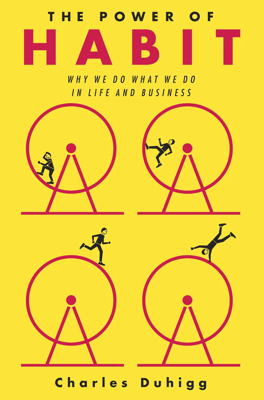Starbucks and the Habit of Success: When Willpower Becomes Automatic
Travis Leach's life transformed significantly when he started working at Starbucks, a place that prioritizes employee training with an intense focus on developing personal habits, specifically willpower. Despite a challenging upbringing that included exposure to substance abuse and rotating homes due to eviction, Travis found stability and growth at Starbucks. Through their training system, designed to address precise moments of high stress and decision-making, Starbucks equipped Travis with the tools to overcome his past volatility and develop long-term, consistent professional conduct.
Starbucks' Training Approach:
- Focused on Willpower: Starbucks teaches employees to handle high-stress situations using specific frameworks, such as the "LATTE" method (Listen, Acknowledge, Take action, Thank, and Explain) for managing unhappy customers. This approach transforms the employees’ reactions into consistent, positive behaviors.
- Detailed Planning: Similar to patients who recovered faster by documenting detailed action plans post-surgery, Starbucks employees role-play and rehearse set responses to potential stress points they might encounter, turning these into automatic responses that rely on less mental energy over time.
- Empowerment and Ownership: Starbucks enhances employees' sense of control and ownership over their tasks and environment, which is crucial in nurturing their willpower. Giving employees agency in their roles leads to improved productivity and satisfaction.
Broader Implications for Habit Formation and Willpower:
- Research on Willpower as a Muscle: Extensive studies indicate that willpower behaves like a muscle that can be exhausted but also strengthened over time. Tasks requiring self-control drain willpower, but routines that embed automatic habits can preserve willpower for more challenging tasks that occur later.
- Application Beyond Starbucks: The habit-building methods utilized are not exclusive to Starbucks; these principles are broadly applicable to various fields and help explain phenomena such as professional burnout and the effectiveness of structured corporate training.
Travis' journey exemplifies the profound impact structured habit formation can have on an individual. Starting as a barista, he rose to manage two locations with substantial responsibilities by ingraining the routines provided through Starbucks' meticulously crafted training programs. The habits he developed not only helped him professionally but also provided a framework that likely contributed positively to his personal life, illustrating the transformative power of building good habits backed by supportive systems.
